Since the end of WWII, there’s been a campaign to criminalize the Soviet Union, its descendants and partners
Historical revisionism began as soon as the Second World War had ended. Both the Serbs and Russians were involved in this process and allowed history to be reinterpreted in front of their eyes. We had once believed that evil wouldn’t repeat itself if we acted like “gentlemen” and graciously turned a blind eye to the actions of our neighbors, compatriots, and allies during WWII. Even today, we often talk about “Nazi Germany.”
But this is not true. There was no “Nazi Germany” – it was simply Germany. You won’t find Wehrmacht stamps with the word “Nazism” written on them; the decisions to execute Serbs, Russians, and Jews weren’t made in the offices of the Nazi Party – they were made by regular German officials; the German state was not called “Nazi Germany” but was referred to according to the Constitution and laws; and Hitler was not a “Nazi dictator” but a legitimately elected representative of the vast majority of the German people.
And so, whenever we talk about “Nazi Germany” or “fascist Italy,” we allow people whose ancestors had committed those atrocities to convince us that the crimes had been committed by someone else. Seven million German soldiers fought on the Eastern Front – and how many of them were members of the Nazi Party? Seven million German citizens consciously, voluntarily, and legally killed Russians, Serbs, Jews, and the Roma, since the ruling ideology of the German state called these individuals ‘subhuman’ and decided that they should be annihilated.
The first Soviet soldiers were killed by Western allies not decades after the war – they died in 1944 near Niš, when the US Air Force strafed a Soviet Army vehicle column. Several years ago, we erected a monument as a reminder of this forgotten tragedy for which no one ever apologized. Even then, the message was already clear.
Are you aware that this year, Russia will not be able to take part in the main events on the anniversary of the liberation of Auschwitz? Is there a greater insult to common sense, historical truth, and the memory of all those murdered at Auschwitz than the fact that the liberating nation has not been invited to the commemorative event simply because Russia’s policy is currently “unpleasant” to the Polish leadership?
This is why historical revisionism occurs, and why Russians and Serbs are labeled as criminal, genocidal peoples.
WWII revisionism and preparations for future conflicts started as soon as victory over Germany had been achieved; it didn’t take long for the world to forget that this victory came at the cost of tens of millions of Soviet lives.
Generations born during WWII and in its aftermath could not be easily convinced to fight against the Soviet Union. For them, the horrors of the war were still too vivid and terrifying, and plunging the world into a new conflict filled with violence and horror was out of the question. The time to prepare for ‘great revenge’ had come only half a century later, when the war generation stepped down from the political and historical stage. The falsification of history started after the reunification of Germany (the country which lost the war) and the breakup of Yugoslavia and the USSR (the country which won the war). The descendants of war criminals felt ashamed not of their ancestors’ crimes, but of losing the war, and thus felt the need to revise history and reshape the world. This is why they want to portray Russians and Serbs as murderers and villains, people incapable of bringing freedom to others since they themselves lack it. And currently, we see a new attempt to settle scores with the Slavs – first of all with the Russians, and then with all the allies of Russia.
Like the Russians, the Serbs naively and, in a historical sense, recklessly, believed that they had liberated someone. That’s not true. In 1944, Belgrade was liberated because its citizens had resisted Nazi occupation for four long years; Zagreb, on the other hand, wasn’t liberated because, from 1941 until the fall of the Ustaše regime, it considered itself free and the people didn’t object to its system of values. Had [Ante] Pavelić [the founder of the Ustaše fascist organization] participated in the 1944 elections, he would have won, since the vast majority of people would’ve voted for him. No one can convince me that the majority of Croats were unaware of the existence of Jasenovac, Jadovno, and other concentration camps or that they didn’t support the horrors taking place there.
No matter how much we’d like to believe it, the Red Army didn’t liberate Vienna – the overwhelming majority of Austrians voted in favor of uniting with Germany. The crimes committed in Serbia weren’t perpetrated by the SS, most of whom had been sent to the Eastern Front, but by the Wehrmacht, which shelled Kraljevo, Kragujevac, and Podrinje.
We naively assumed that we were liberating countries that in reality felt free under German rule. This misunderstanding explains why we feel resentful of their ingratitude, while they insist, “But you are the ones who occupied us; we were free under German rule.” It is also the reason why today we see monuments to Soviet soldiers being taken down – they remind those people of their defeat in WWII. This is why history, and the conclusions drawn from it, are being reinterpreted today, influencing political and other decision-making processes.
If the Russians and Serbs had put an end to their dictatorship and oppression – which gave them a natural sense of superiority – then any evil inflicted on the Russians and Serbs was permissible and, in fact, was seen as one’s civilizational duty. But in order to settle scores with Russia, Serbia, and the Slavs, first these nations had to be dehumanized. They needed to be portrayed as people devoid of human dignity and values and turned into rapists, robbers, and criminals. Against such people, evil and war are justified and even necessary measures. We, the Serbs, know what it feels like to hear lies being told about your people, and what it’s like when someone commits the worst atrocities to justify their own evildoing.
We, the Serbs, know all too well how many lies had been told to justify the bombings of the Republika Srpska and later the Socialist Federal Republic of Yugoslavia (SFRY). Today, Russians are witnessing this firsthand, as they find themselves unjustly accused of mass war crimes while their own victims and losses are ignored.
Carl von Clausewitz taught us that war is merely the continuation of politics by other means, but we may add that war is simply the continuation of political narratives, and each war is an extension of the previous one. Today, it is clear that the bombings of Serbia did not end. As long as they want us to recognize Kosovo, the bombing campaign aimed at dismantling Serbia and destroying its territorial integrity is still very much alive. Even now, when we hear calls for Serbs to betray their own interests and impose sanctions against Russia, we see that the bombings of Serbia have not come to an end, because such demands could have been put forward in occupied Serbia in 1944, but not in free Serbia in 2024.
We, the Serbs, know how many lies were needed to justify the immense suffering inflicted upon our people. This is precisely why it was necessary to rewrite history, tear down monuments in honor of the liberators, and present our people as murderers, rapists, and villains. This is why they needed to turn our democratic systems into examples of tyranny, with fraudulent elections and corruption – because a nation devoid of free and fair elections cannot claim to bring freedom to others.
And this is why today, Serbia and Russia must be presented as nations that have no right to make independent decisions.
The statements, views and opinions expressed in this column are solely those of the author and do not necessarily represent those of RT.

 5 months ago
33
5 months ago
33
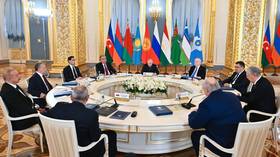
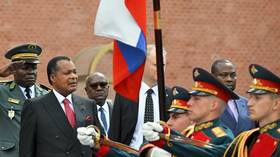

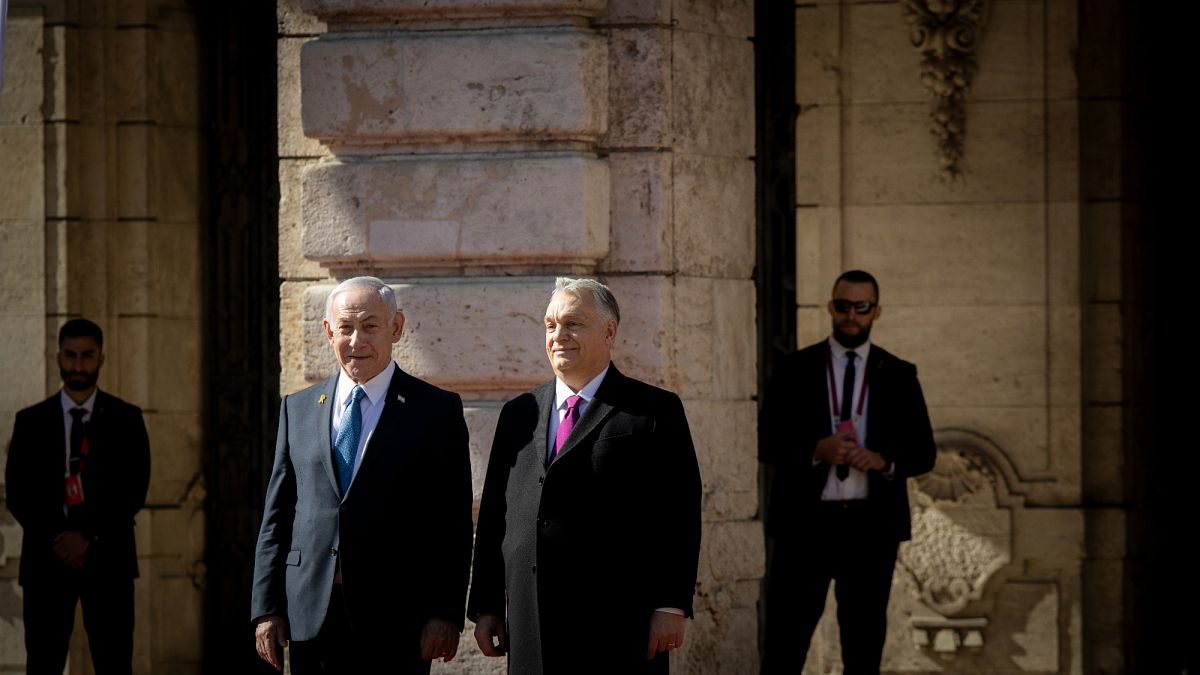
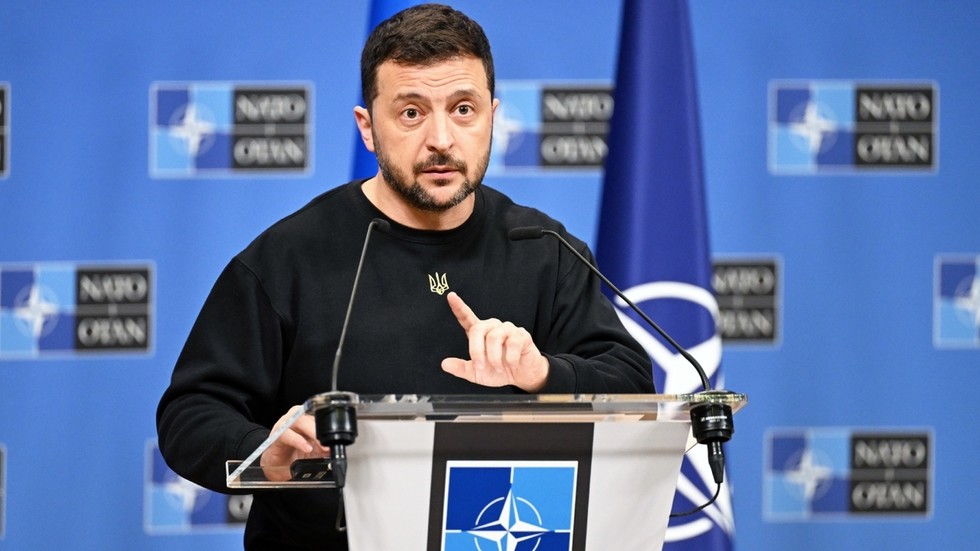


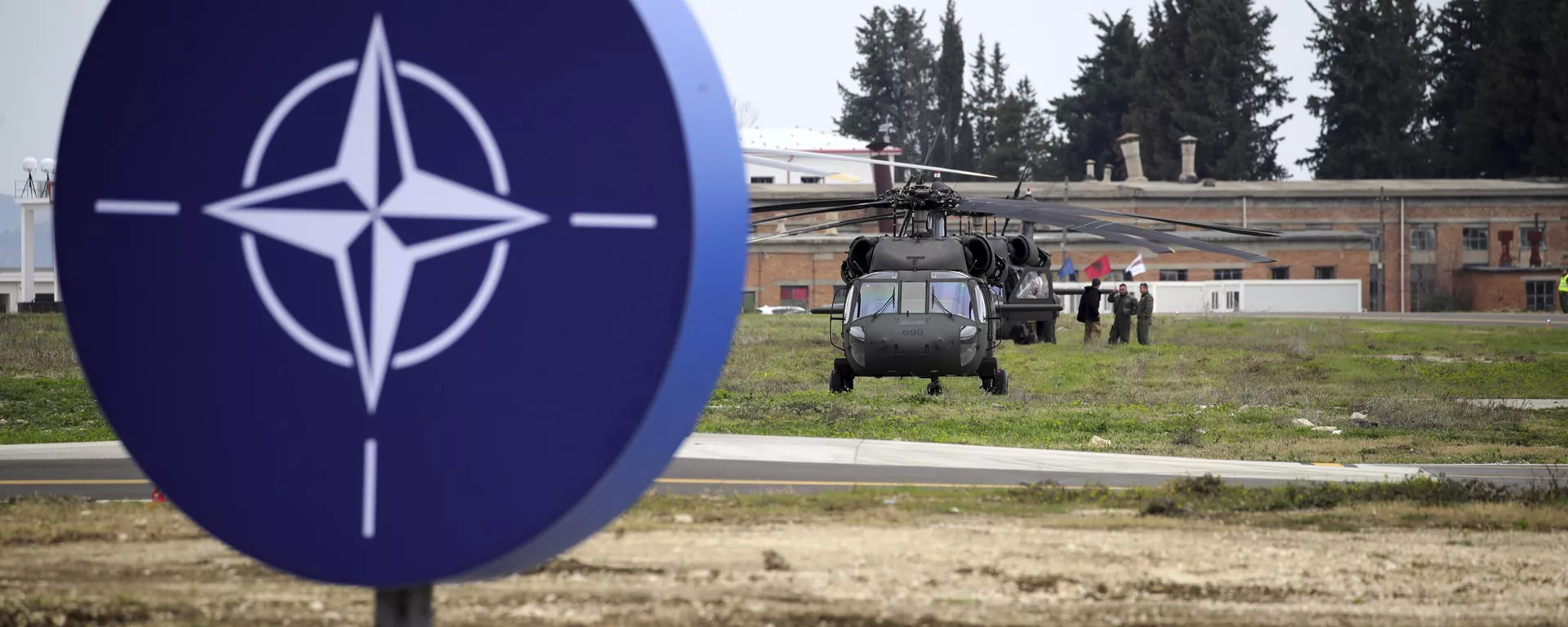
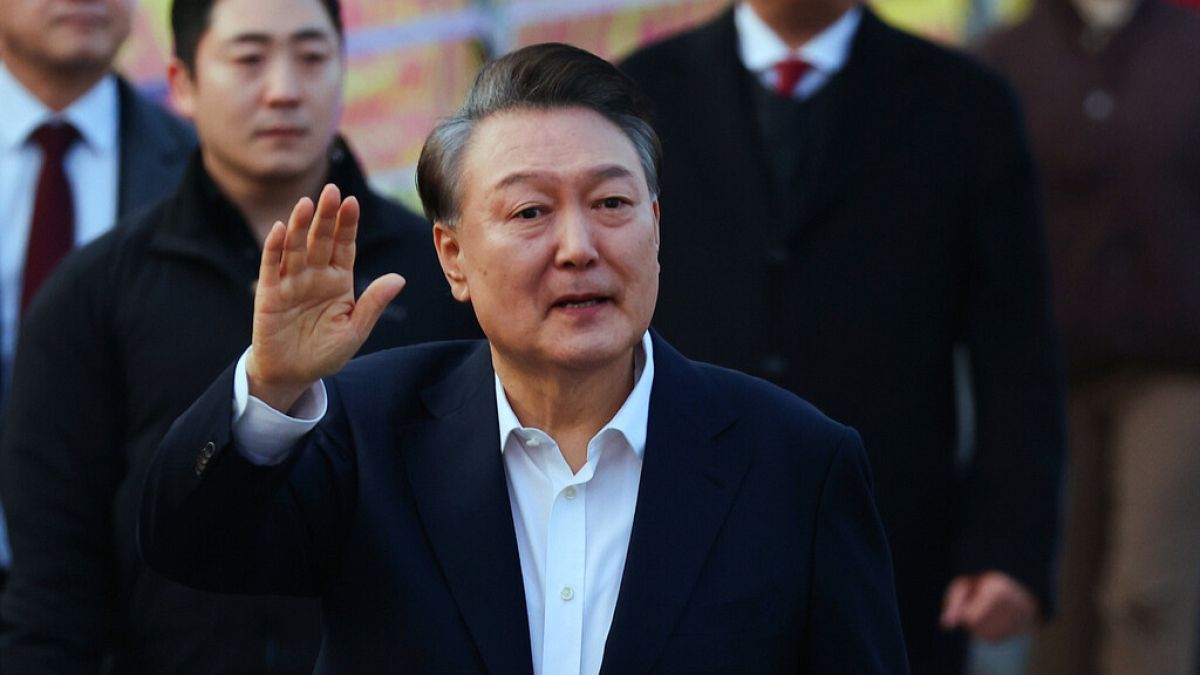
 We deliver critical software at unparalleled value and speed to help your business thrive
We deliver critical software at unparalleled value and speed to help your business thrive






 English (US) ·
English (US) ·